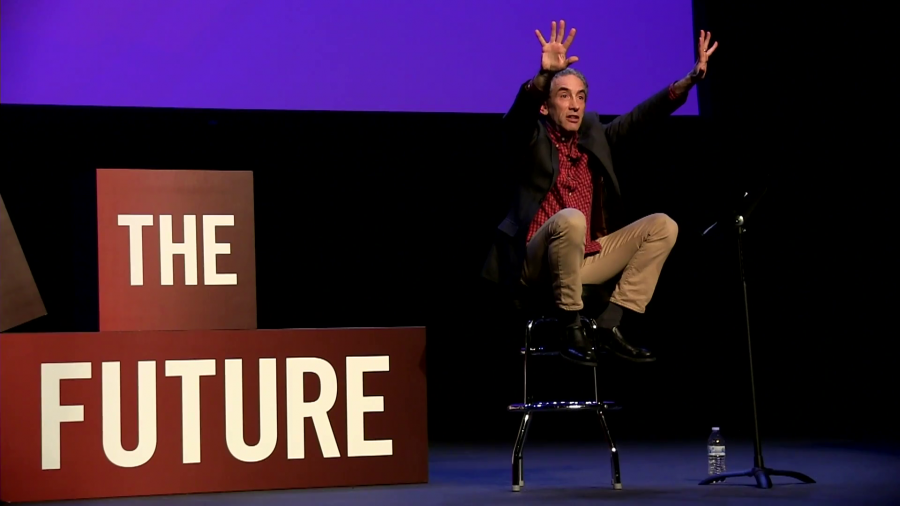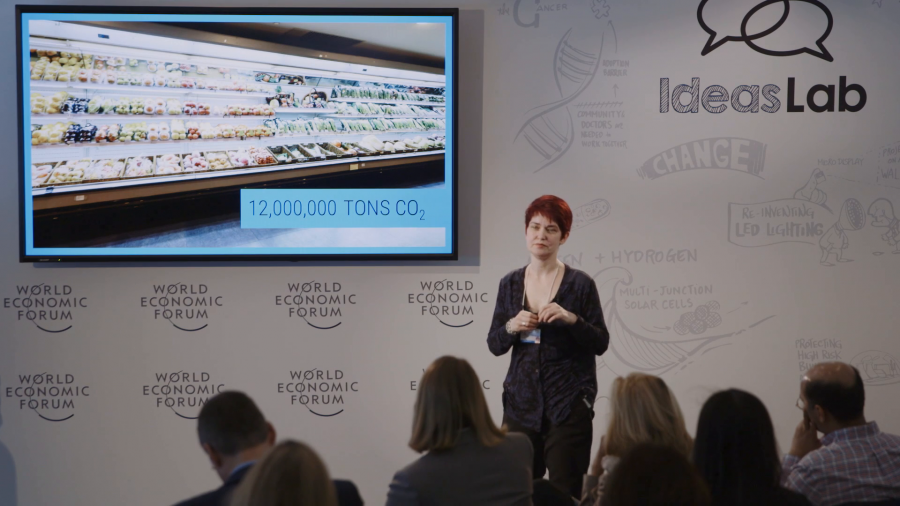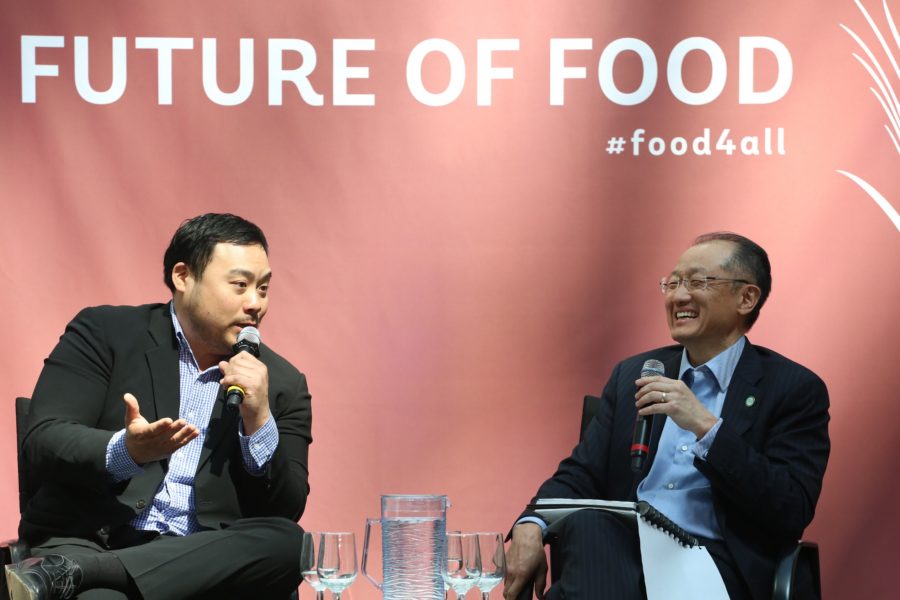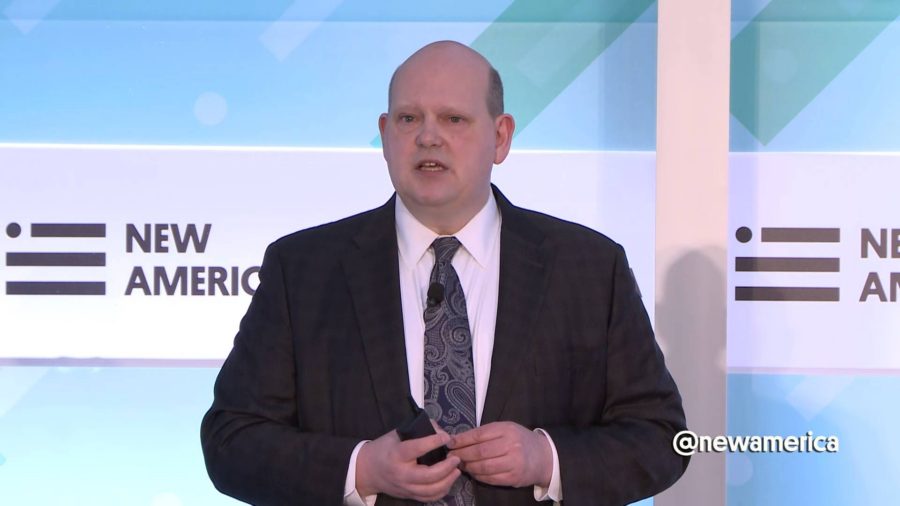Sure, cyberspace is about people and data. But it is also about applications. And devices. And the indirect and non-obvious relationships between all of this. It creates a very complicated and exciting ecosystem. One that is capable of dramatic innovation, and dramatic exploitation.
Archive (Page 2 of 3)
There are biologists who’ve spent their careers working on some species of beetle in the tropical rainforest, and they just love the rainforest in their bones And they feel that when they go testify in Congress to some committee, that they can’t just say, “I love it in my bones and you guys will love it too, if you share it with me.” They have to say, “Oh, we’ve done all this math and computed that there’s an ecosystem service here.” And I think that that has really impoverished our debate about environmental issues.

Google just has to grow. It has to keep growing. But Google grows at its own peril. Google grew so much that what happened? It outgrew Google. Google had to become what? Alphabet. Now what is Alphabet? Alphabet is not Google. Alphabet is a holding company. So Google’s new business as Alphabet is to do what? It’s to buy and sell technology companies. So, once a company becomes just too big to flip anymore, it becomes a flipper of other companies.

Machines generate waste heat when they do work for us. And this year, seven billion of us will use twenty-five trillion kilowatt hours of electricity. An awful lot of that will end up as waste heat. So, we treat waste heat as a problem. We see it as a challenge to design how we can manage it. We don’t think of it as a resource. If we thought of it as a resource, that would be results we are just throwing away.

I think we need to take a look at what we find to taste good. And I think a lot of people throw away food. As Juergen mentioned, we throw away 1.3 billion tons of food a year. That’s a third of the food that is produced. Which is just probably the easiest way to reducing hunger in the world. Being more resourceful, much more frugal about it.
You’re dealing with timescales that are beyond humans’ interest. I mean, it’s sorta like global warming. The heat that we have now built up, that carbon was burned thirty years ago. It’s going to take a while for the correction process. So, if you have the elements of the phosphorus, the potassium, the manganese, and so on, it can be built back pretty fast. But a shorthand way of putting it is that soil is as much of a non-renewable resource as oil. And, more important than oil. I mean, we’re talking about stuff we’re made of. So that’s why I’ve said that the plowshare has destroyed more options for future generations than the sword.
I see a set of constraints facing us in the future, and they’re all going to be very expensive. First is funding retirements for the Baby Boom generation. Second is continuing increases in the costs of healthcare. The third is replacing decaying infrastructure. The fourth is adapting to climate change and repairing environmental damage. The fifth is developing new sources of energy. The sixth is what I see as in all likelihood continuing high military costs. The seventh is the costs of innovation.
I enjoy clean air and clean water as much as the most rabid environmental person. I just think we can have the products of society, as well as having these things. Progress is a good thing. I’m just simply a realist. And I’m just trying to enjoy life, enjoy family, enjoy friends, and contribute to society as best I can. And I think providing energy, I think providing the metals that society consumes, that people have in their their iPads, in their iPods, in their iPhones… I think that’s an honorable thing to do. What else would you do? You know, why fight that?
I like to think that we are an intelligent species. I mean, actually the people that often get this most quickly are the people who are poorest, because they know the system doesn’t work. But so many of our supposedly brightest people pick this up and don’t question it. And then we have the all the whole field of economics, which is an ideology built on assumptions that if you examine them are absurd. Because you know, economists simply look at the economy as a pricing system. They’re not system thinkers. Part of the cause our crisis is that we’re not educated to think in terms of systems.
What’s key…is that we all need to work together. There’s no way for all of us to know about each other. We’re in that part of this new way of being that there’s too many players. It’s too chaotic. There is no center, there is no hub. But we need to find ways to work together, and to lose the idea that any one of us is the solution. Because if any one of us were the solution, we wouldn’t be where we are now.

